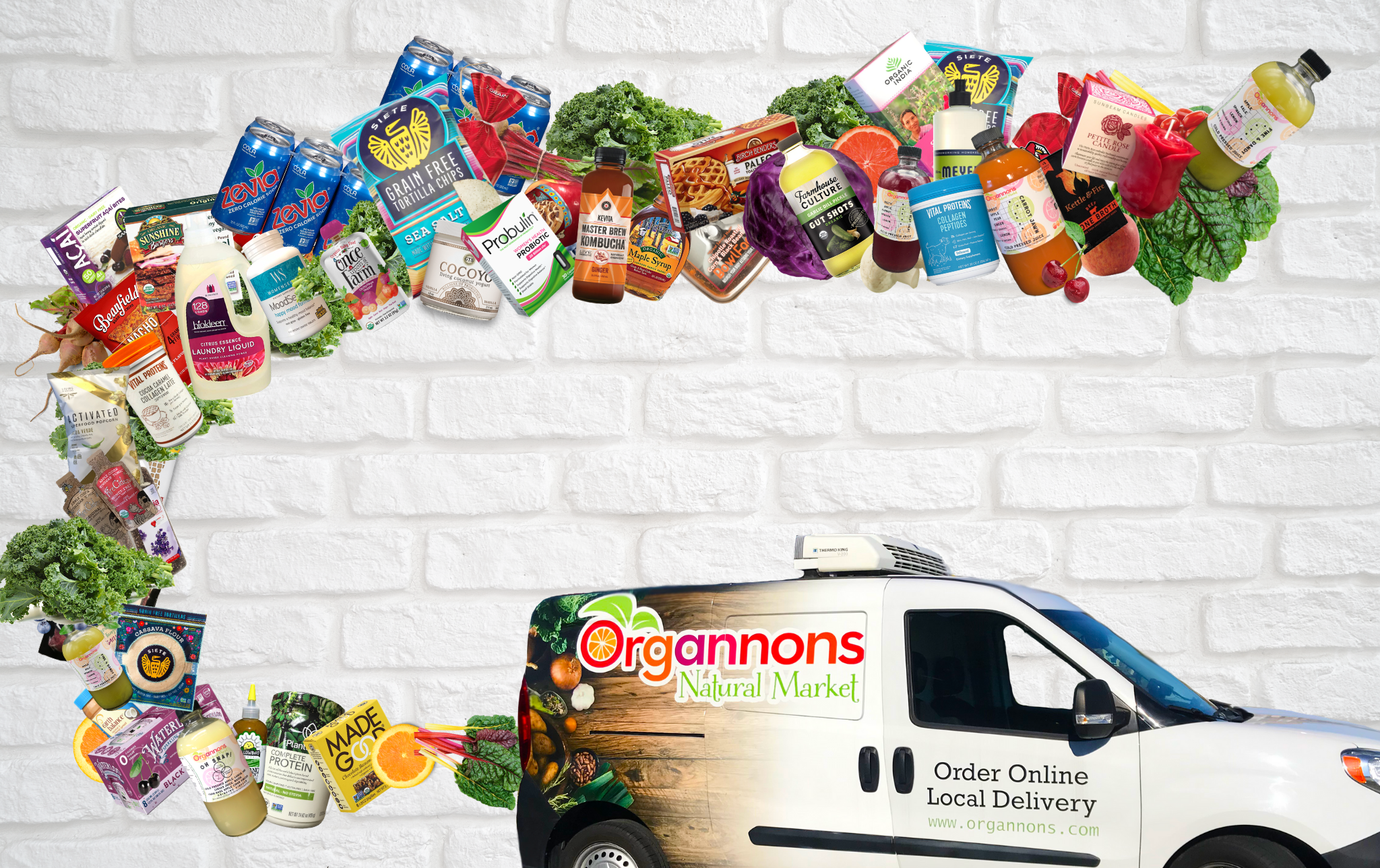It’s summer and we all want to get out there and be active- but joint pain can get in the way. What can help with keeping joints juicy and pain-free?
Repair:
Glucosamine, chondroitin, MSM, and hyaluronic acid (ha) glucosamine & chondroitin are produced in the body naturally. With age and over-use, our cartilage may become compromised. Supplement forms are available, usually sourced from shellfish. Vegan types are available as well.
Glucosamine sulfate is believed to help with cartilage formation and repair (1)
Chondroitin sulfate helps give cartilage elasticity and is believed to be anti-inflammatory. It may help to slow down the breakdown of cartilage. (2)
MSM (another sulphur based supplement also found in the body) has been found to reduce inflammation and also to help inhibit the breakdown of cartilage. (3) It has been shown to increase glutathione levels (a powerful antioxidant) (4)


Hyaluronic Acid (HA) is a thick substance found in synovial fluid in joints providing lubrication. Loss of HA with time and over-use contributes to joint pain and stiffness. (5)

Mother Natures Helpers:
Fish oil and collagen
The omegas DHA & EPA from fish oil play rolls in inhibiting “pro and anti-inflammatory regulators in subjects with chronic inflammation (6)
Researchers also found that “consumption of omega 3’s from fish oil is associated with a reduced risk of rheumatoid arthritis (R.A.), probably due to their anti-anti-inflammatory properties” (7)
Vegan sources of EPA & DHA are available and sourced from algae.


A new omega, DPA is coming into the spotlight. Only certain fish oils advertise the amount in their product. DPA plays a roll in regulating the use of EPA & DHA in the body. It is able to convert back and forth as needed. DPA is also found in mothers milk!
Collagen from bovine, poultry, fish and egg is rich in amino acids, plays a roll in the production of joint cartilage & may have anti-inflammatory properties.

Clinical studies have shown collagen to be well-tolerated, have no known drug interactions. It is shown to improve pain, stiffness & function in R.A. and osteoarthritis patients. (8)
Vegan “collagen builders” are available.

Key Anti-Inflammatories:
Curcumin, Boswellia and OPC’s
Curcumin is the active ingredient in the spice Turmeric. Turmeric itself is only approximately 2-5% curcuminoids. “Standardized” supplements are are available, yielding a much higher and more absorbable curcumin levels.

In one study, “high absorption curcumin was more effective that (the drug) diclofenal sodium at reducing joint pain and swelling” (9)
Boswellia (indian frankincense) has been used for centuries in Ayurvedic Medicine for its anti-inflammatory properties.

One double blind study with R.A. patients showed that boswellia “significantly improved function by reducing pain and stiffness compared with the placebo.” (10)
OPC’s are found in many plants. They are found in some of the highest concentrations in French Grapeseed extract. They are powerful antioxidants.

“Grapeseed OPC’s fight inflammation and the effects of free radicals throughout the body. Researchers have concluded that OPC’s could be used as a possible alternative treatment to R.A. in their own right.” (11)
Other considerations:
Devil’s Claw, Bromelain & other proteolytic enzymes
Here’s some multi-tasking options:



Please visit us at the Apothecary Desk!
Information in this newsletter is is not intended to be used for medical diagnosis or treatment. The information is intended for general consumer understanding and entertainment only. The information provided is not intended to be a substitute for professional medical advice.
References:
- Arthritis Foundation, 2014
- National Institute of Health
- Pubmed, J. Bone Miner Metab 2013
- Pubmed Eur J. Pharmacol 2017
- Arthritus Foundation
- Curr Dev Nutr. 2019
- Pubmed Autoimmun Rev. 2018
- Arthritis Research UK
- Terry Lemorond
- Pubmed: INT. J. Bask med Res 2019
- Ahmad SF et. all Int Immunopharmacol




